Laravel is a free, open-source PHP web framework that follows the Model-View-Controller (MVC) architectural pattern. It provides a robust set of tools and features for building modern web applications quickly and efficiently. Here are some key points about Laravel:
- MVC Architecture: Laravel promotes the separation of concerns through the MVC architecture. Models represent the data and business logic, Views handle the presentation layer, and Controllers manage the application’s flow and handle user requests.
- Elegant Syntax: Laravel has a clean and expressive syntax that aims to enhance developer productivity and readability. It leverages modern PHP features and provides a consistent and intuitive coding experience.
- Routing and URL Handling: Laravel offers a powerful routing system that allows developers to define clean and readable URLs for different application routes. It supports RESTful routing, parameter binding, route grouping, and middleware for handling HTTP requests.
- Database Abstraction and ORM: Laravel provides a database abstraction layer called Eloquent ORM (Object-Relational Mapping), which simplifies database operations and allows developers to interact with databases using PHP classes and objects. It supports various database systems and provides an expressive and fluent query builder.
- Blade Templating Engine: Laravel utilizes the Blade templating engine, which provides a clean and efficient way to separate presentation logic from the application’s business logic. Blade templates offer features like template inheritance, sections, and reusable components for building dynamic and reusable views.
- Powerful ORM: Laravel’s Eloquent ORM simplifies database interactions by providing an expressive and intuitive way to define database models and perform database operations. It supports relationships, eager loading, query scopes, and many other features that streamline database management.
- Authentication and Authorization: Laravel includes a built-in authentication system that simplifies user authentication, registration, and password reset functionalities. It also provides a robust authorization system for managing user permissions and access control.
- Caching and Performance: Laravel offers built-in support for various caching systems, including popular options like Memcached and Redis. Caching helps improve application performance by storing frequently accessed data and reducing the need for repeated database queries.
- Testing and Debugging: Laravel provides testing tools and a testing-friendly architecture to facilitate the writing and execution of unit tests, integration tests, and functional tests. It also offers helpful debugging features like detailed error messages, logging, and the ability to debug code with ease.
- Rich Ecosystem and Community: Laravel has a large and active community of developers who contribute to its ecosystem by creating libraries, packages, and extensions. The Laravel community offers comprehensive documentation, tutorials, forums, and resources to support developers and help them solve problems.
Laravel is widely recognized for its developer-friendly features, elegant syntax, and extensive ecosystem. It enables developers to build scalable and maintainable web applications efficiently, making it a popular choice for PHP developers.

